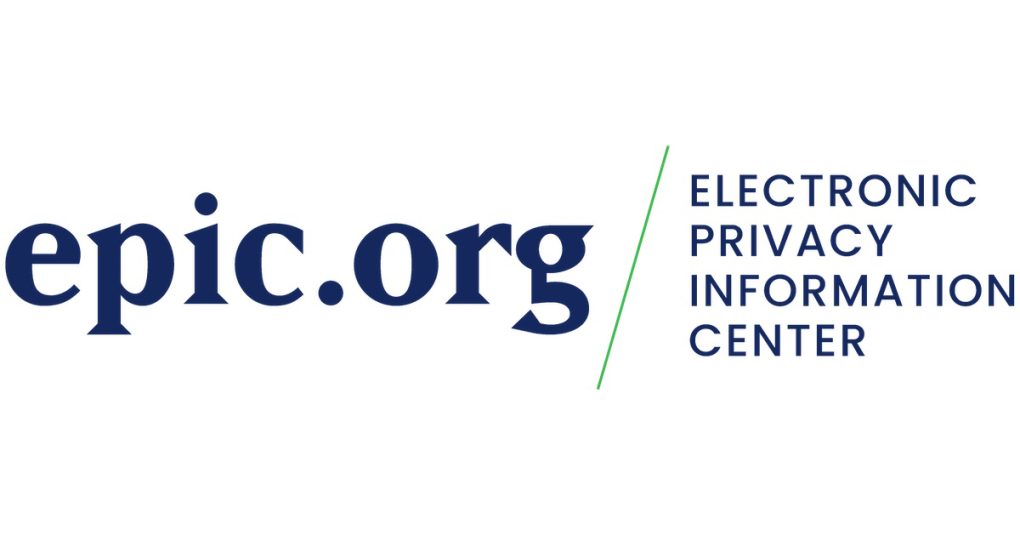
By Travis Fain, state federal government press reporter
At the height of the pandemic, as joblessness rose across the nation, tens of countless North Carolinians sent out photos of themselves to a private company– a brand-new state requirement to verify their identities– prior to they might get unemployment benefits.
It was an emergency measure indicated to reduce fraud as tens of thousands of unemployed claims gathered daily to North Carolina’s overwhelmed Department of Employment Security.
The tradeoff– individual info for income in tough times– may have come at the cost of privacy. As numerous as 270,000 North Carolinians are now in a facial acknowledgment database that the company prepared to keep for approximately seven-and-a-half years and, in some cases, share with law enforcement.
That remains in flux after pushback from personal privacy groups and members of Congress worried about the business’s rapid expansion. Virginia-based ID.me says it has contracts with 30 states, along with some federal agencies, and that it supplies “digital identity to 70 million Americans.”
The business states it assisted prevent billions in joblessness scams nationwide as states faced massive unemployed claim volumes that enabled scammers to hide within the system. The U.S. Department of Labor last year stated some $83 billionmight have gone out poorly, with “a considerable part” due to fraud.ADVERTISING
But a federal plan to need facial acknowledgment to gain access to internal revenue service records was a tipping point. After a reaction, the Internal Revenue Service said this monththat it would drop those plans, and ID.me said it would let all ID.me users delete images on file with the business beginning Tuesday by visiting to their account.
“ID.me is an identity confirmation business, not a biometrics business,” the company said in that announcement,utilizing a catch-all word for images and other information that measure physical functions.
Deletions will occur within seven days of receiving a demand, the company stated in a declaration Friday, however it wasn’t clear how individuals will be notified that the alternative exists. “We are resolving any communications with our state federal government firm partners,” the business stated.
A growing universe
Professionals stated ID.me’s government contracts represent one more privacy infringement in a world quickly executing facial recognition innovation, which uses computers to recognize people by comparing their picture to a database of images.
The North Carolina Division of Motor Cars, for example, has an online portalthat law enforcement can utilize to demand facial acknowledgment searches of the state’s chauffeurs license database, no subpoena required. A DMV representative said he could not state how typically that happens since requests aren’t tracked.
A variety of local governments have or are addingsurveillance cameras with facial recognition ability. 2 years ago the Raleigh Authorities Department statedit would stop utilizing a facial acknowledgment service that had scraped billions of images from social networks and the internet without individuals’s authorization.
Earlier this month The Washington Post reportedthat this exact same service, Clearview AI, informed investors it’s on track to have 100 billion photos in its database within a year, enough to guarantee “practically everyone in the world will be recognizable.”
Even because environment, ID.me’s case has some befuddling conditions, according to personal privacy professionals who advocate against facial recognition. People need to use the service to get specific government advantages, a private company manages the database and ID.me’s regards to service are hard to suss out.
“You’re very much dependent on how ID.me translates their own policy,” Jeramie Scott, senior attorney at the Electronic Personal Privacy Information Center, said. “And offered their phrasing, different aspects of the policy could be interpreted pretty broadly.”
Find out more here.

